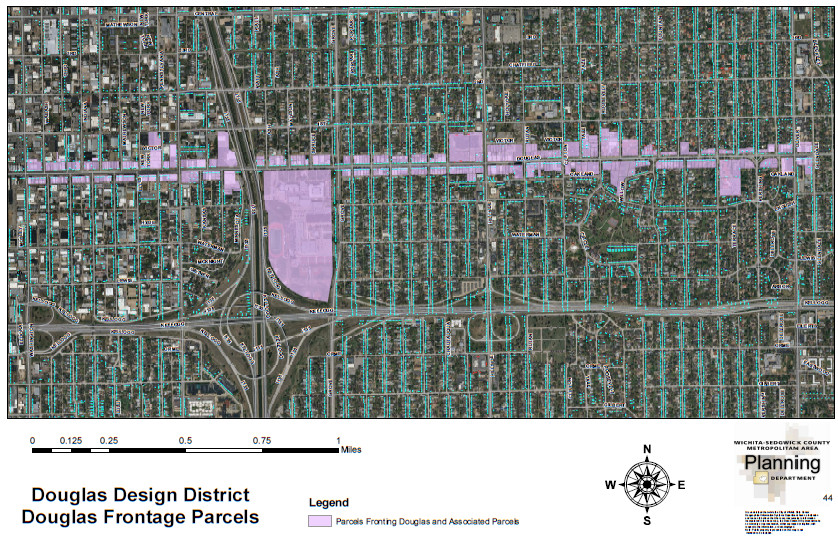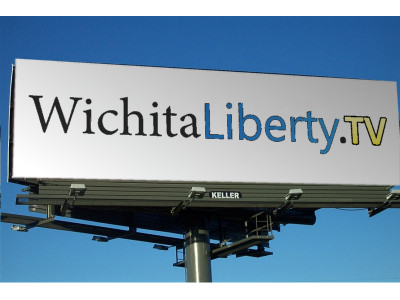Tag: Kansas Open Records Act
-

Wichita needs transparency from its agencies
When the Wichita city council delegates spending to outside agencies such as Visit Wichita, it should insist on the same transparency requirements the city itself faces.
-

Business improvement district on tap in Wichita
The Douglas Design District seeks to transform from a voluntary business organization to a tax-funded branch of government.
-

In Wichita, respecting the people’s right to know
The City of Wichita says it values open and transparent government. But the city’s record in providing information and records to citizens is poor, and there hasn’t been much improvement.
-

Business improvement district proposed in Wichita
The Douglas Design District proposes to transform from a voluntary business organization to a tax-funded branch of government (but doesn’t say so).
-

Wichita WaterWalk contract not followed, again
Wichita city hall failed to uphold the terms of a development agreement from five years ago, not monitoring contracts that protect the public interest.
-

During Sunshine Week, here are a few things Wichita could do
The City of Wichita says it values open and transparent government, but the city lags far behind in providing information and records to citizens.
-

WichitaLiberty.TV: Immunizations, spending and taxing in Kansas, and getting data from Wichita
In this episode of WichitaLiberty.TV: Should Sedgwick County be in competition with the private sector? What are attitudes towards taxation and spending in Kansas? Finally, what is it like to request data from the City of Wichita? Episode 138, broadcast February 12, 2017.
-

Wichita check register
A records request to the City of Wichita results in data as well as insight into the city’s attitude towards empowering citizens with data.
-

In Wichita, we’ll not know how this tax money is spent
Despite claims to the contrary, the attitude of the City of Wichita towards citizens’ right to know is poor, and its attitude will likely be reaffirmed this week.
-

In Wichita, developer welfare under a cloud
A downtown Wichita project receives a small benefit from the city, with no mention of the really big money.
-

Simple tasks for Kansas Legislature
In this excerpt from WichitaLiberty.TV: There are things simple and noncontroversial that the Kansas Legislature should do in its upcoming session.
-

Empowering and engaging Wichitans, or not
Does the City of Wichita really want to “empower and engage citizens by providing information necessary to keep them informed on the actions their government is taking?”